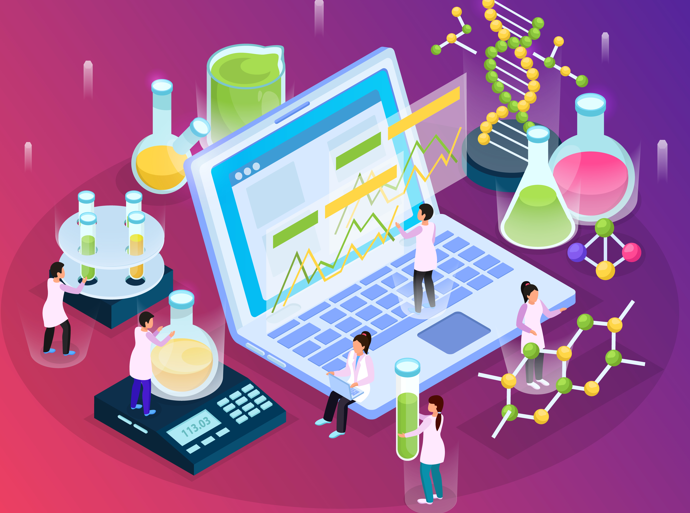The genetic testing landscape has undergone a remarkable transformation in recent years, with 23andMe emerging as a key player in the industry. Offering individuals an opportunity to unlock the mysteries of their ancestry and health, the company has attracted millions of customers eager to learn more about their genetic makeup. However, as 23andMe now finds itself navigating the financial challenges associated with a Chapter 11 bankruptcy filing, the fate of the personal genetic data shared by its users has become a major concern. With a potential sale looming, what does this mean for those who have entrusted the company with their most intimate genetic details?
While 23andMe’s privacy policy has assured customers that their identifiable genetic data won’t be sold or shared without consent, the uncertainty surrounding its bankruptcy proceedings has led many to reconsider their data privacy. Incredibly versatile in the types of data it collects, 23andMe has become a goldmine for companies in various sectors, including insurance and pharmaceuticals. For years, 23andMe has provided users with more than just ancestry insights; it also offers detailed health reports, revealing potential genetic predispositions to certain conditions. This unique and highly personal information is now at risk of falling into the hands of unknown buyers during the bankruptcy sale.
23andMe Genetic Data Table
| Name | 23andMe |
|---|---|
| Founded | 2006 |
| Founder(s) | Anne Wojcicki, Linda Avey, Paul Cusenza |
| Services Offered | DNA testing for health, ancestry, traits |
| Data Privacy Policy | Customers opt-in to share data with researchers |
| Bankruptcy Filing | March 2025 |
| Data Protection | Privacy policy aims to prevent unauthorized sales of data; however, new ownership could change this. |
| Website | 23andMe |

The company’s bankruptcy filing is more than just a financial setback; it has become a momentous occasion with wider ramifications for user privacy. Discussions concerning how to manage such a sizable genetic data database under new ownership have been rife in the tech sector in recent days. A change in ownership could result in drastically different interpretations of 23andMe’s privacy policies, which specifically state that data will only be shared with explicit consent. Experts have noted that the culture that once protected genetic data might not be upheld if the business is sold to a private equity firm or another entity.
Crucially, 23andMe’s data collection comprises a comprehensive health profile in addition to genetic markers, which makes it especially appealing to sectors like health insurance. Inappropriate use of this information could result in unfair treatment or discrimination since it may reveal a person’s susceptibility to particular medical disorders. Privacy experts are now advising users to think about deleting their accounts and data in order to stop it from being sold to the highest bidder, since there are currently no strict protections for genetic data.
Data Deletion Process for 23andMe:
| Step | Action |
|---|---|
| Step 1 | Log in to your 23andMe account and go to “Settings.” |
| Step 2 | Scroll down to “23andMe Data,” click “View” and then “Delete Data.” |
| Step 3 | Follow the on-screen instructions to permanently delete your genetic information and account. |
| Step 4 | Optionally, request that your saliva sample be discarded. |
| Step 5 | Withdraw consent for third-party research sharing under “Research and Product Consents.” |
Users are taking a significant step in preventing potential exploitation of their genetic information by choosing to delete their accounts. The lack of complete federal protection for genetic data is still the main problem, even though this is a preventative measure. While some protections are provided by laws such as the Genetic Information Nondiscrimination Act (GINA), they are not sufficient, especially in sectors like life insurance where genetic information may be used against customers.
The concerns about the privacy of genetic data are only going to get more pressing in the years to come as the industry keeps expanding. Although 23andMe and other remarkably successful genetic testing services have transformed the way people connect with their genetic heritage, they have also brought up serious ethical questions regarding the collection, storage, and possible sale of such private data. Stronger regulatory frameworks are obviously required as more businesses enter the genetic testing market to guarantee that people’s genetic data is kept safe and private, notwithstanding potential changes in ownership or finances.



